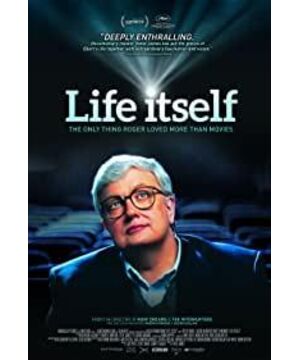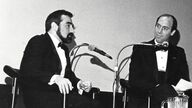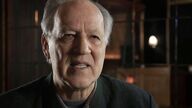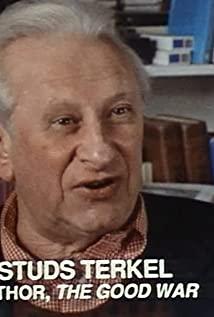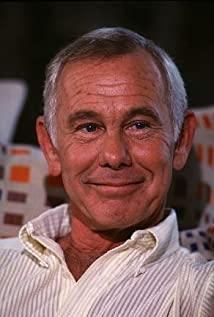Factors that affect the temperature of the story, the closeness of the relationship between the storyteller and the person being filmed, is an influencing factor, as is the storyteller's understanding of the story and the angle of entry. Returning to the question of viewpoint, how to extend the time dimension of a certain moment in the process of viewpoint conversion, so that the audience can understand the content you want to express from different angles, and resonate with the emotion you want to express.
A very impressive passage. Roger Ebert was admitted to the hospital for the last time before his death. Due to the rapid progress of the disease, the director did not have time to shoot any images. This is another particularly important moment. How to express the complicated emotions at this time?
A long hospital aisle for reshoots. The subtitles explain the last dialogue between the director and Roger. The director's recitation is hurried and nervous, and then the subtitles are blacked out. Roger answers the director's last sentence: I can't Time seemed to stand still.
Black screen, Roger's wife's voice enters, and then a close-up of Roger's wife's dying moments. With a long foreshadowing before, Roger is an optimistic and humorous person. With the encouragement of his wife, he has been stubbornly fighting the disease. At the last moment of his life, Roger signed an agreement not to rescue his wife behind his back. The emotion of watching, as Roger's wife's narration keeps pushing up, finally explodes.
Black scenes are generally a taboo in video narratives. Giving a black screen shows that you don’t know how to transition at this time, and coherent different story scenes into a whole. Black scene is also a forced pause, a forced brake in continuous video travel.
In Roger's story, it is a pity that the dying scene was not filmed. The clever addition of the black scene, coupled with other remedies, not only made the viewer feel the director's complicated emotions at this time, but also made a story for his wife's story. Mandatory reminders and foreshadowing. The two viewpoints are intertwined, and your emotions are firmly drawn in this way.
The wonderful use of this black field proves that there is no absolute dogma, and the wonderful use of it is based on one heart.
View more about Life Itself reviews


